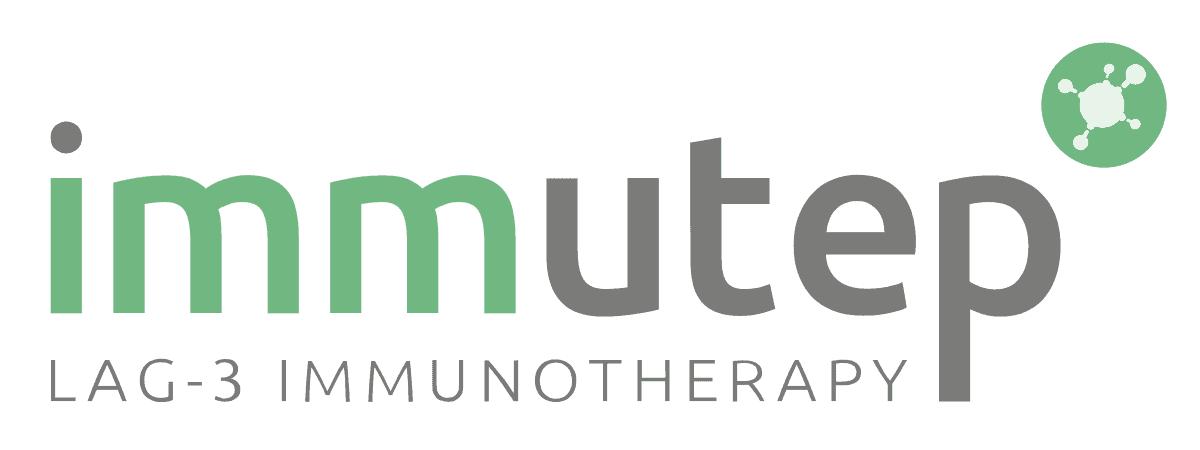
A lacklustre data readout for Immutep’s LAG-3 targeting drug eftilagimod alpha has hit the stock hard, with shares down by a third as investors all-but wrote off the drug in breast cancer.
The Australian biotech revealed that efti wasn’t able to improve progression-free survival compared to placebo in the phase 2b AIPAC trial, which involved patients with HER2-negative metastatic breast cancer (mBC), although it did increase the response rate from 38% to 48% when added to standard chemotherapy.
Analyst Dr Chris Redhead at Goetzpartners said the outcomes was a “substantial setback” for Immutep, but doesn’t mean that efti is dead.
“Although the current data will not support the hoped for regulatory approval in mBC, patient subgroup responses and other signals should encourage continued development in mBC and mould pivotal phase 3 design,” he said in a research note.
He also said the AIPAC data doesn’t have a negative impact on other clinical programmes with efti, including combination trials with immune checkpoint inhibitors.
Immutep saw its share leap and then crash last month, after it reported phase 2b data for efti alongside Merck & Co’s PD-1 inhibitor Keytruda (pembrolizumab) in non-small cell lung cancer (NSCLC) and head and neck squamous cell carcinoma of the (HNSCC).
In that trial, median PFS hadn’t been reached at the time of the data cut-off, which the company said was a positive but seemed to spook investors.
Immutep certainly isn’t abandoning hope for efti in breast cancer, saying that it is holding on for overall survival data from the study – due in late 2020 – and is still looking at starting a phase 3 trial later this year.
It pointed out that the PFS results show a trend towards improvement with efti plus chemo with a hazard ratio of 0.93, and the drug also seemed to work better in some patients subgroups, such as included patients with a weakened immune system and those with more aggressive disease or poorer health at the start of the trial.
Redhead said those subgroup analyses “could drive patient stratification and mould design in a future phase 3 in mBC,” adding there were signs that efti was working in synergy with chemo – specifically paclitaxel.
The drug seemed to work better whilst being administered at the same time as chemo, with its effects dropping after the chemo regimen concluded. That could suggest the effect of efti is enhanced by some property of chemo, such as increased inflammation during treatment with paclitaxel.
“While the company will need to refinance either through partnering or the capital markets, we see significant unrecognised residual value in the stock,” said Redhead.
Immutep will need to keep its foot on the gas if it hopes to keep pace with some larger, deep-pocketed companies working on LAG-3 targeting drugs. Merck, GlaxoSmithKline, Bristol-Myers Squibb and Regeneron all have candidates in clinical development.




